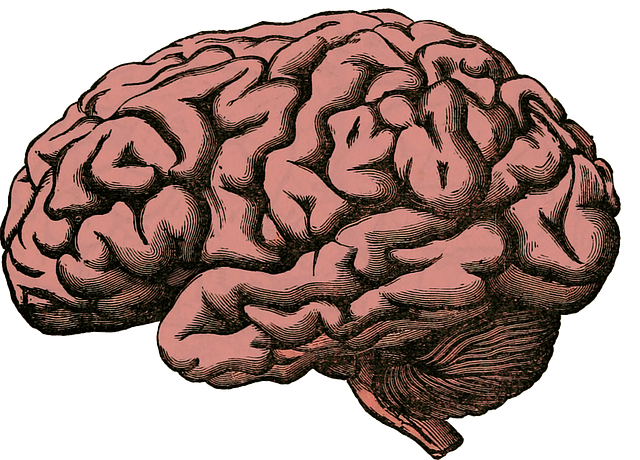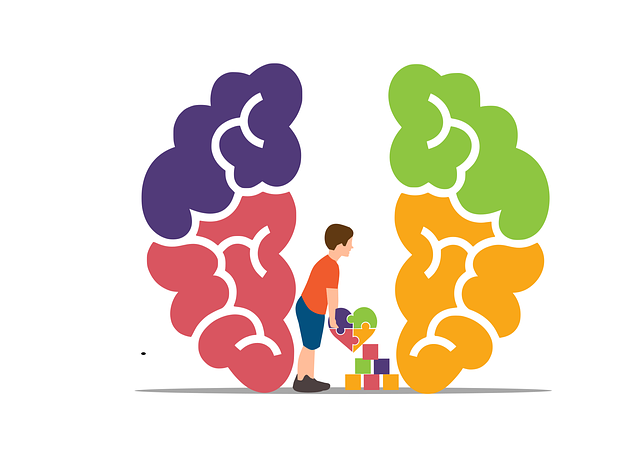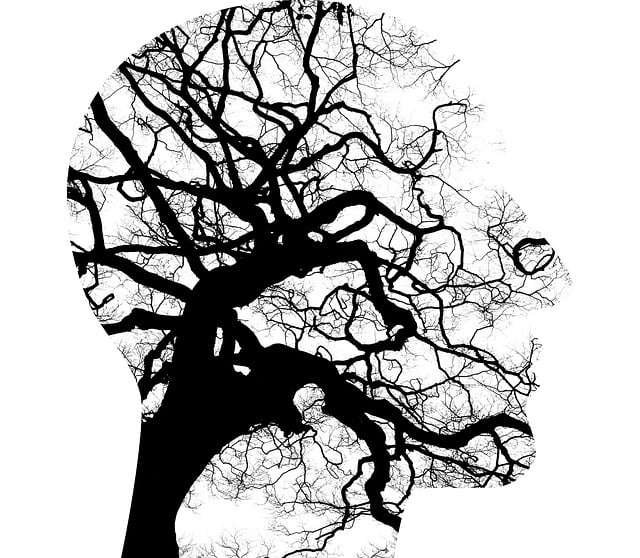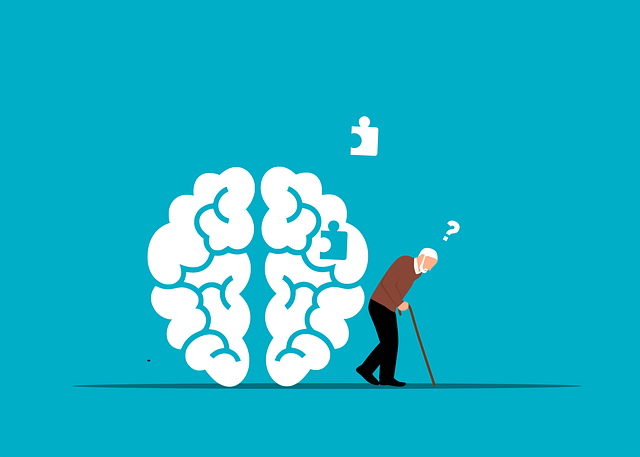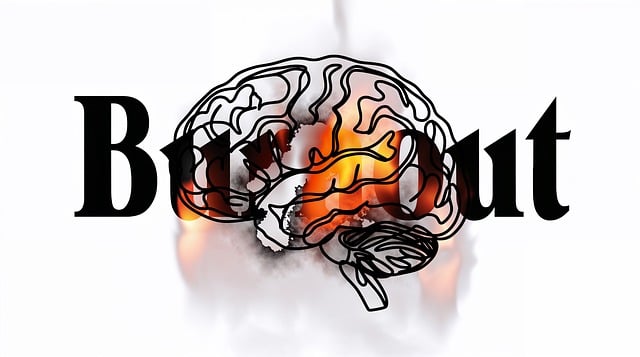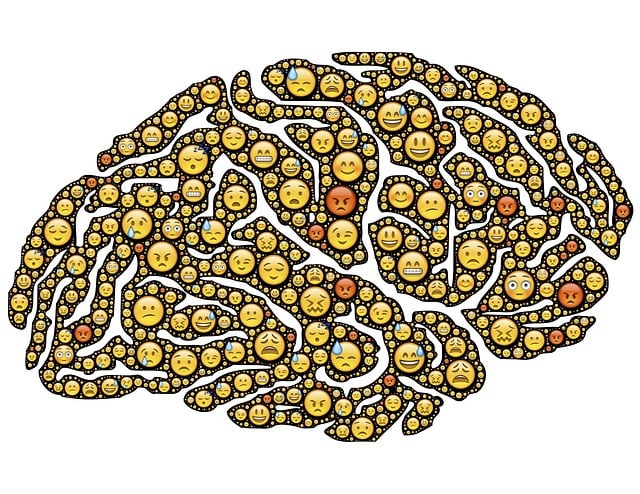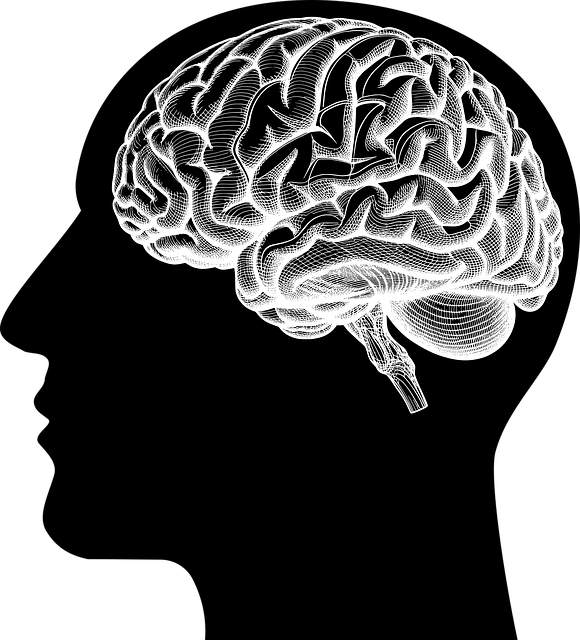Centennial Abuse Survivors Therapy (CAST) leverages Emotional Intelligence (EI) as a powerful healing tool, empowering individuals to navigate complex relationships and traumatic experiences through emotional regulation, empathy-building, and effective communication. By enhancing self-awareness, teaching stress management techniques, and fostering safe therapeutic spaces, CAST helps survivors develop essential EI skills that improve interpersonal connections, prevent burnout, and promote overall well-being. These strategies are particularly beneficial for high-pressure professions, enabling survivors to approach life's challenges with greater ease and compassion both personally and professionally.
Emotional intelligence (EQ) is a powerful tool for personal growth and healing, especially for those who have experienced trauma. This article explores the profound impact of EQ on emotional well-being and provides practical strategies to enhance it. We delve into the benefits of Centennial Abuse Survivors Therapy (CAST), which focuses on building self-awareness and empathy, two core components of EQ. Additionally, we offer effective communication techniques to foster healthier relationships.
- Understanding Emotional Intelligence and Its Impact on Healing
- The Role of Centennial Abuse Survivors Therapy in Building EQ
- Strategies for Developing Self-Awareness and Empathy
- Practicing Effective Communication for Enhanced Relationships
Understanding Emotional Intelligence and Its Impact on Healing

Understanding emotional intelligence (EI) is a powerful tool for healing, especially for Centennial Abuse Survivors. EI refers to the ability to recognize and manage one’s own emotions, as well as understand and empathize with others’ feelings. This skill set is crucial in navigating complex relationships and traumatic experiences, enabling individuals to process and express their emotions healthily.
In the context of therapy for abuse survivors, developing emotional intelligence can significantly enhance coping skills development. It equips individuals with the ability to regulate stress, fostering better mental resilience. Stress management workshops often incorporate EI training, teaching participants how to recognize triggers, manage intense emotions, and develop healthy coping mechanisms. This holistic approach recognizes that emotional intelligence is not just a personal trait but a vital component in building strength and well-being within communities, including organizations providing support for Centennial Abuse Survivors.
The Role of Centennial Abuse Survivors Therapy in Building EQ

Centennial Abuse Survivors Therapy (CAST) plays a pivotal role in emotional intelligence (EQ) development by addressing deep-seated trauma and fostering healthy coping mechanisms. Many individuals, especially those who have experienced historical traumas like systemic abuse or neglect, struggle with regulating their emotions and empathizing with others—core components of EQ. CAST offers a safe space for these survivors to process their experiences, understand their emotional responses, and learn adaptive strategies for managing stress and building resilience.
Through evidence-based therapeutic approaches, such as cognitive behavioral therapy (CBT) and mindfulness practices, CAST helps participants develop emotional regulation skills crucial for burnout prevention in high-pressure professions like healthcare. By mastering empathy-building strategies, survivors can better connect with others, improve interpersonal relationships, and enhance their overall well-being. This process not only boosts EQ but also equips individuals with the tools needed to navigate challenging situations with greater ease and compassion, both personally and professionally.
Strategies for Developing Self-Awareness and Empathy

Developing self-awareness and empathy is a crucial step in emotional intelligence building, particularly for those who have experienced trauma or abuse, such as survivors of Centennial Abuse Survivors Therapy (CAST). Engaging in regular reflection practices can help individuals better understand their emotions and triggers. This involves taking time each day to introspect and journal about one’s feelings, thoughts, and behaviors, identifying patterns that might indicate underlying emotional needs or challenges.
Through mental health education programs design specifically tailored for self-discovery, survivors can learn to recognize and challenge negative thought patterns and beliefs, fostering a sense of confidence boosting within themselves. Additionally, practicing empathy involves actively listening to others’ experiences and perspectives, which can be enhanced through group therapy sessions where participants share their stories and support one another in finding understanding and healing. This collective approach not only aids in anxiety relief but also encourages the development of deeper connections and improved interpersonal relationships.
Practicing Effective Communication for Enhanced Relationships

Effective communication is a cornerstone of emotional intelligence and can significantly enhance relationships, especially for individuals who have experienced trauma or abuse. Centennial Abuse Survivors Therapy (CAST) emphasizes the importance of active listening, clear expression, and empathy to foster deep connections. By practicing these skills, survivors can build trust with others, express their needs and boundaries, and create safe spaces to share their experiences.
Social Skills Training plays a crucial role in this process, helping individuals navigate interpersonal interactions with confidence. Cultural sensitivity in mental healthcare practice is also vital, ensuring that communication styles are adaptable to diverse backgrounds. Public awareness campaigns development can further educate communities on the impact of effective communication, promoting understanding and support for survivors as they rebuild their lives.
Emotional intelligence is a powerful tool for personal growth and healing, especially for those who have experienced trauma. By understanding and applying concepts like self-awareness and empathy, individuals can navigate complex relationships more effectively. The strategies outlined in this article, including the benefits of Centennial Abuse Survivors Therapy, offer practical steps towards building emotional resilience and fostering healthier connections. Investing time in developing these skills can lead to profound personal transformations and improved overall well-being.
